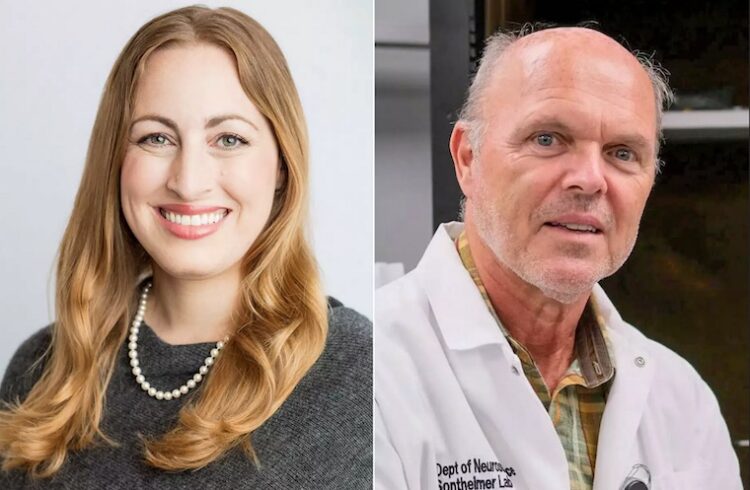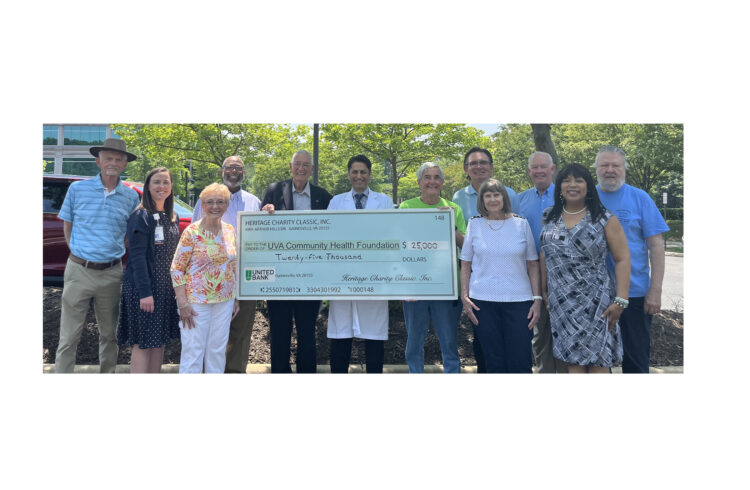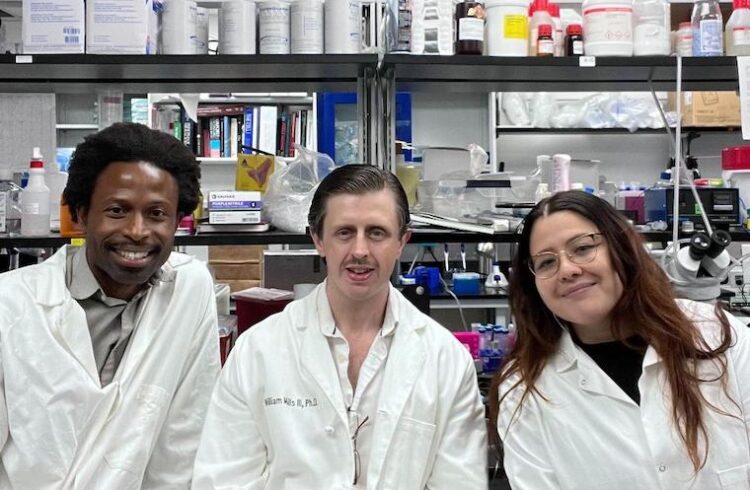
The University of Virginia Cancer Center was renewed this month as one of just 66 National Cancer Institute-designated Cancer Centers in the U.S – and one of only two in Virginia.
According to the National Cancer Institute (NCI) website , NCI-designated Cancer Centers “are a major source of discovery and development of more effective approaches to cancer prevention, diagnosis, and treatment.”
To earn their renewal, the UVA Cancer Center submitted a 950-page proposal detailing their efforts over the past five years and plans for the next five years. A group of 20 scientists and clinicians from other cancer centers then came to UVA June of last year for a day-long site visit, where they heard presentations on all aspects of UVA’s cancer care and research. The NCI reviewers gave UVA a rating of “outstanding.”
“NCI designation identifies cancer centers that are creating the future of cancer prevention and care,” says Michael Weber, PhD, director of the UVA Cancer Center.
NCI funding supports research into improved treatments
The designation comes with a five-year grant to support cancer research programs. The grant specifies $2.29 million will be awarded each year over the five-year period.
The previous five-year NCI grant helped support the foundation for cancer research at UVA, Weber says, including 30 new faculty members and staff to manage clinical trials and technology – such as DNA-sequencing equipment – that aids researchers in pilot projects to develop potential treatment breakthroughs. Those pilot projects frequently earn additional funding from private foundations or the National Institutes for Health for additional research.
One example of the research supported by NCI funding is a potential treatment for leukemia. This treatment focuses on “transcription factors,” proteins that regulate the production levels of other proteins within cells, says John H. Bushweller, PhD, a Professor of Molecular Physiology and Biological Physics. When these transcription factors are mutated, resulting in fusion with other proteins they’re not normally attached to, they change the levels of protein production in cells and cause cancer cells to form.
Bushweller’s team is developing drugs that specifically target mutated transcription factors to prevent the formation and growth of leukemia-causing cancer cells, unlike existing chemotherapy treatments that target and kill all rapidly growing cells – both healthy and cancerous. Research into the drugs is ongoing, he says.
“This could eventually provide a more effective, less toxic treatment for patients,” Bushweller says.
Sharing UVA’s cancer expertise with Virginia
The Cancer Center’s goal for the next five years, Weber says, is to achieve NCI designation as a Comprehensive Cancer Center. Comprehensive Cancer Centers are recognized for their efforts to better integrate their expertise in research, education and care with surrounding communities.
A first step in moving toward this goal, Weber says, is the formation of the Virginia Cancer Network, which has been initiated with state funding. This money is being used to support partnerships for clinical research and develop partnerships with the Virginia biotechnology industry.


